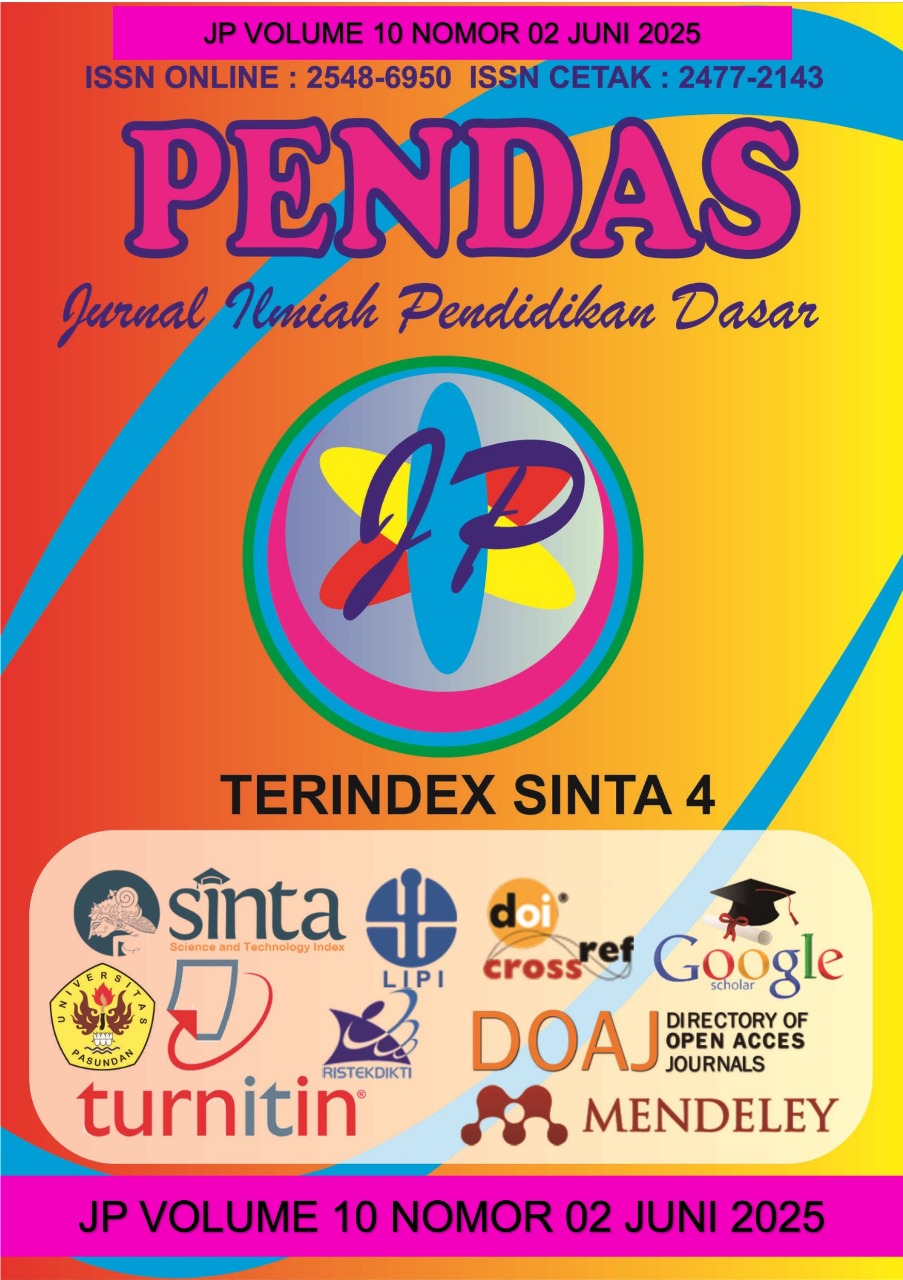STRATEGI IMPLEMENTASI BUDAYA MUTU DI MTS DARUL IHSAN SAMARINDA: ANALISIS KUALITATIF
DOI:
https://doi.org/10.23969/jp.v10i02.26497Keywords:
Quality Culture, Islamic Education, School Management, Quality Improvement, Educational CollaborationAbstract
Building a culture of quality in education is not just about policies it’s about shaping mindsets and daily habits across the school community. This study explores how MTs Darul Ihsan Samarinda implements a culture of quality, the challenges it faces, and the key factors contributing to its success. Using a qualitative case study approach, data was collected through in-depth interviews, direct observations, and document analysis. Key informants included the school principal, teachers, staff, and students. The findings reveal that the school fosters a culture of quality through several key strategies: continuous teacher training, a more rigorous academic evaluation system, and the integration of Islamic values into learning. The principal’s open and inspirational leadership plays a crucial role in encouraging all stakeholders to actively engage in quality improvement. However, some challenges persist, including limited facilities, resistance to change among some educators, and a lack of parental involvement in supporting school programs. This study not only provides insight into how a culture of quality is implemented in an Islamic school setting but also offers practical recommendations, such as increasing government support, strengthening teacher training based on actual needs, and fostering stronger communication between the school, students, and parents. With the right strategies, a culture of quality can go beyond being just a slogan it can become deeply embedded in every aspect of education.
Downloads
References
Alavi, M., Rahman, N. A., & Sulaiman, H. (2021). The Integration of Quality Culture in Islamic Education: A Systematic Review. Journal of Islamic Education Studies, 9(2), 112-130.
Aziz, M., Syarif, M., & Wahid, A. (2021). Challenges in Implementing Total Quality Management in Islamic Schools. International Journal of Educational Management, 35(5), 678-695.
Fauzi, R., Nugroho, T., & Lestari, D. (2021). Leadership and Teacher Engagement in Quality Culture Development in Islamic Schools. Educational Review Journal, 39(3), 245-263.
Halim, A., Yusuf, M., & Ibrahim, S. (2023). Values-Based Education and Quality Culture in Islamic Schools. Journal of Educational Research and Development, 15(1), 57-72.
Hashim, H., & Mahmud, R. (2022). The Role of Islamic Values in Enhancing Quality Assurance in Education. Asian Journal of Islamic Studies, 14(4), 98-113.
Hopkins, D. (2013). Exploring School Improvement: A Research-Based Approach. Routledge.
OECD. (2021). Education at a Glance 2021: OECD Indicators. OECD Publishing.
Rahman, F., & Yusuf, M. (2020). Islamic Education and the Development of Character Building through Quality Culture. International Journal of Islamic Studies, 8(2), 89-105.
Sallis, E. (2018). Total Quality Management in Education. Routledge.
Schleicher, A. (2020). World Class: How to Build a 21st-Century School System. OECD Publishing.
World Bank. (2022). The State of Global Education: Trends and Challenges. World Bank Publications.
Downloads
Published
Issue
Section
License
Copyright (c) 2025 Pendas : Jurnal Ilmiah Pendidikan Dasar

This work is licensed under a Creative Commons Attribution 4.0 International License.














































